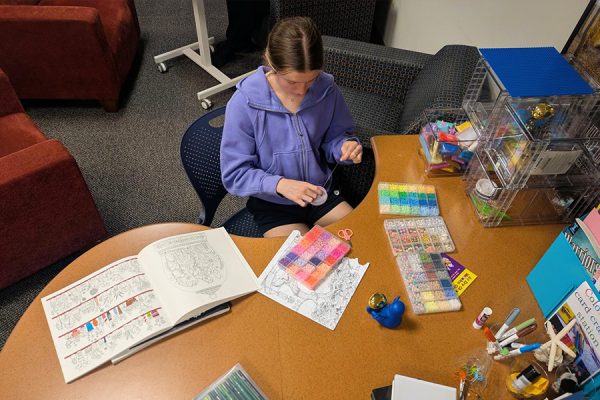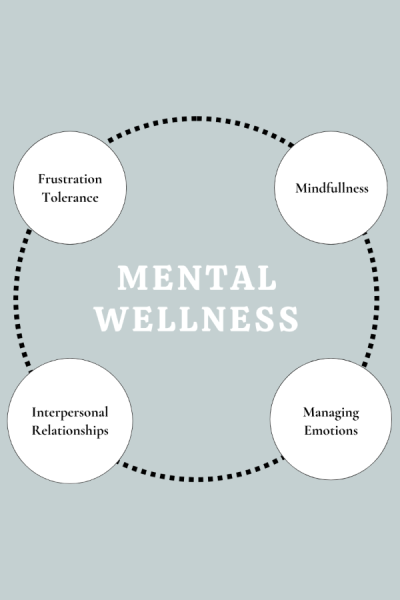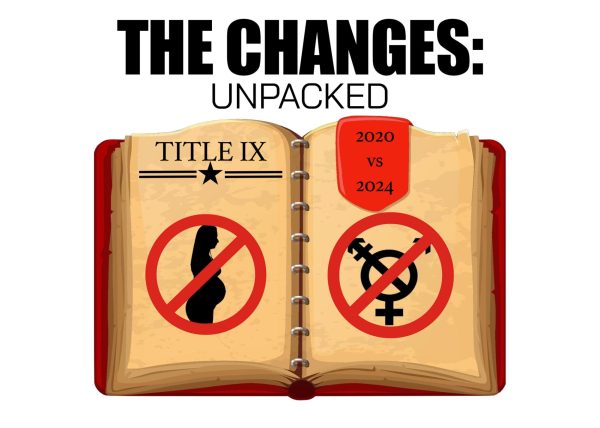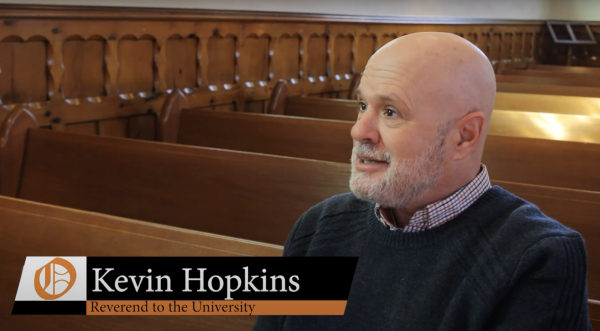KNBU-FM will soon transition to online only
On May 15, Baker University’s radio station, 89.7 KNBU-FM, will no longer be on the air. Instead, it will only be available to be streamed online.
The BakerRadio.org website will be constructed during the summer and should be fully functional when classes resume in the fall.
When any radio station holds a frequency, it must follow Federal Communications Commission standards. If these standards are violated, stations can be fined in the neighborhood of $10,000 according to Associate Professor of Mass Media Joe Watson.
With recent changes in FCC regulations, the risk of violating these standards has gone up, especially for small institutions like Baker.
In addition to following FCC regulations, radio stations must also hold licenses. Currently, KNBU-FM holds four different licenses, but because of a change in rules, the number of licenses required might also increase.
Therefore, Watson attributes the decision to switch to a streaming-only format to “expense and regulation.”
In the past, KNBU-FM has broadcast many community events on its frequency, including Baker athletic games as well as Baldwin High School’s Friday night football games every fall.
According to the student manager of the radio station, Rhonda Applegate, notifying the Baldwin City community of this change will be the biggest challenge.
“I think the only negative I can think of [for this change] is just how hard it is going to be to get the community to know that we are switching to online, because there are so many Baldwin City residents that listen to football games and different sporting events through our radio station, through our actual frequency,” Applegate said. “We will have to go around to local businesses and put up fliers and say that ‘we’re still doing it, but things have changed and you’ll have to listen to us online now.'”
In addition to putting up fliers and informing local businesses, KNBU-FM is currently running sweepers, which are “little commercials” that inform the listeners of the upcoming change, according to Applegate. Furthermore, the radio staff is looking into T-shirts as well as using social media make the change less confusing for the community.
Although notifying the community is the most challenging aspect of the change, many actions have happened behind the scenes to make the transition possible.
“We’ve worked in conjunction with the students, with Tom Hedrick, who is the voice of Baker Sports and teaches our sports broadcasting class, and the athletic department, which taps in to our stream on their website to be able to provide that to an audience,” Watson said. “People are in the loop and they know that it’s coming, and we’ve been talking about it for a while.”
According to Watson, this change is not unique. He said many small institutions like Baker are making this switch, although Watson still feels sentimental.
“I think there are some of us, and I would include myself in this group, that just feel nostalgic. I’m from a generation where people listen to the radio. Tom Hedrick, who has a broadcasting career spanning decades, was not unhappy but sad,” he said. “There’s a sense of sadness for some of us who are making this choice because we remember a day where radio was not radio unless you had a tower with a frequency.”
Previously, FCC regulations prohibited cursing and playing explicit music on air. Without these regulations, however, these behaviors are technically allowed but will still not be tolerated on Baker’s Radio.
“We’ve decided that we are still going to teach the course as if we had FCC regulations just because it’s in good practice that people don’t start swearing or playing explicit music,” Applegate said. “We don’t want that out in the community anyway.”








